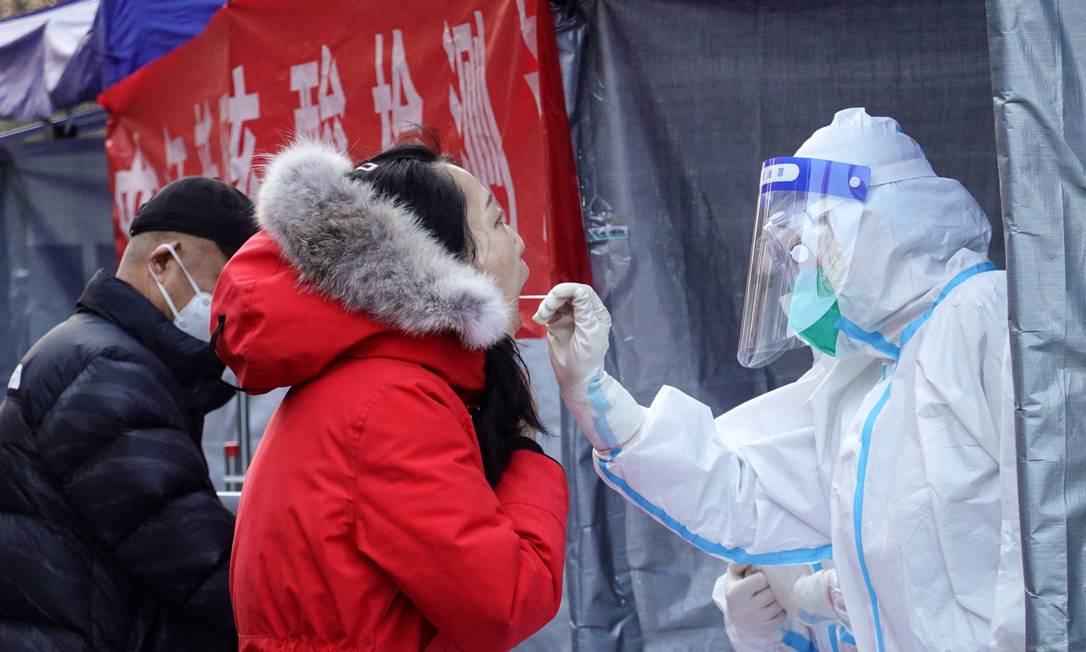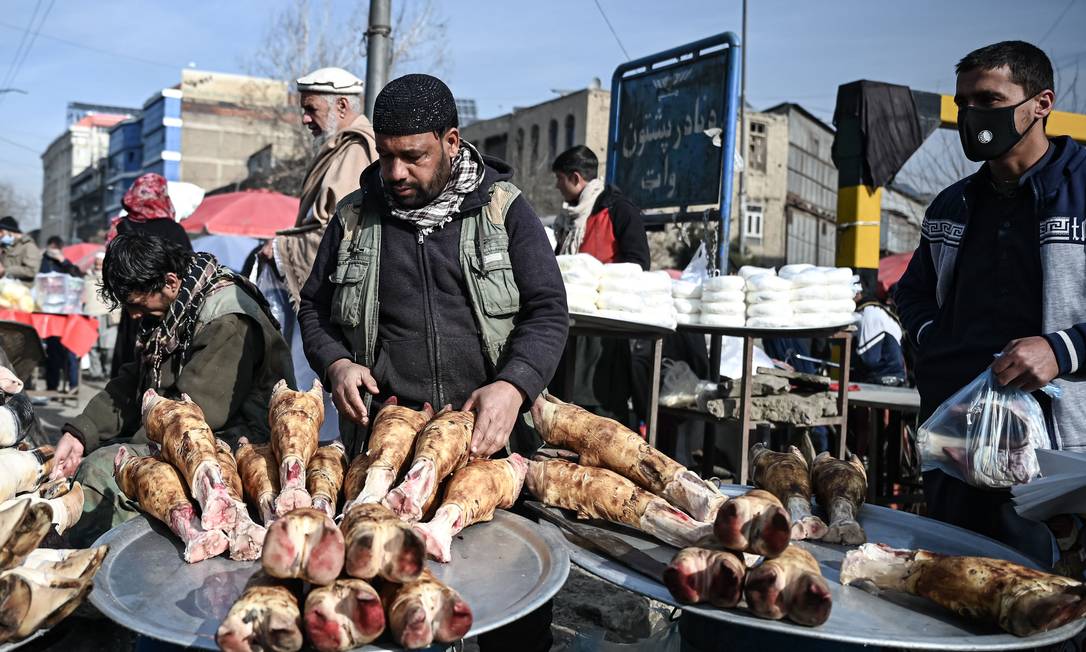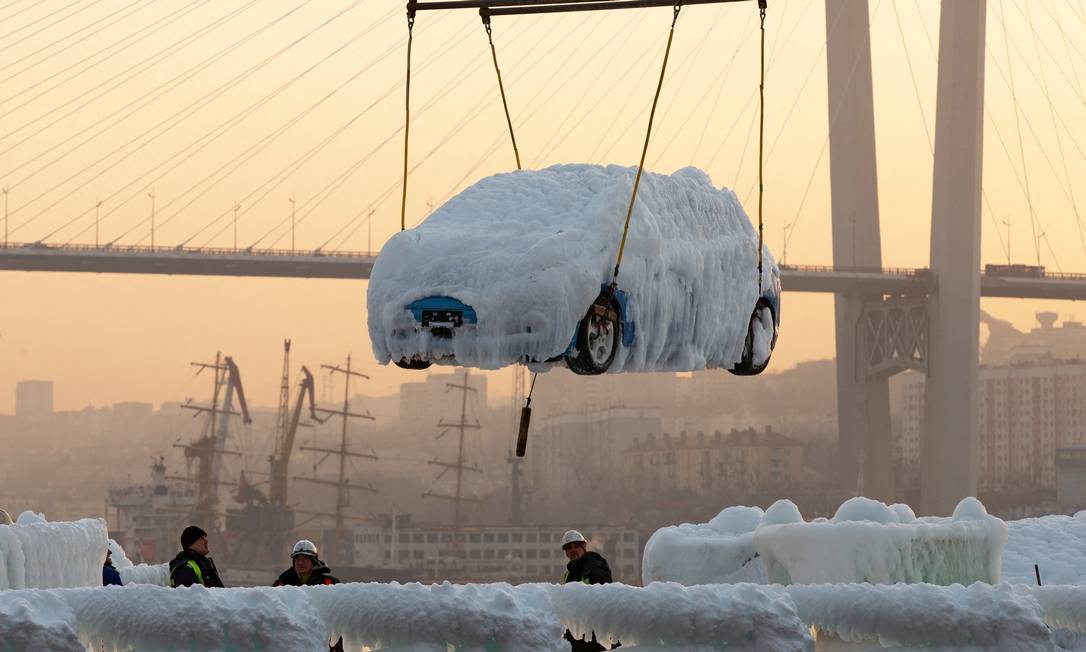Buenos Aires and Lima – With the arrival of Ômicron in South America, countries such as Argentina, Bolivia and Uruguay returned to record an increase in cases on Wednesday.
Today, Argentina broke the daily record for new coronavirus cases. According to the Ministry of Health, 42,032 people were diagnosed with Covid-19 in the country, exceeding the previous record of 41,080 cases, on May 27 this year, when 551 deaths were recorded. In the past 24 hours, 26 people have died from the coronavirus.
Read more: South America is the global region with the highest vaccination rate against Covid-19
Despite the increase in cases, the country should reduce the mandatory isolation period from ten to seven days for fully vaccinated people with Covid-19.
“Argentina is entering the third wave. The number of cases is increasing, although this does not translate into more hospitalization and deaths,” the Minister of Health, Carla Vizzotti, said.
According to the minister, in the current context, “it is not so much about the health system, but rather that there is an economic impact due to isolation.”
The country, with a population of 45 million, has recorded 5.5 million cases and 117,000 deaths since the beginning of the epidemic, according to official data.
– We are at a very high level of infection in the federal capital and in Greater Buenos. The situation is serious – Dr. Rodrigo Salemi addressed the press in statements to the press.
Uruguay, Bolivia and Peru
In Uruguay, 1,417 cases of Covid-19 were recorded on Wednesday, the highest number since June. The increase was attributed to Micron by Health Minister Daniel Salinas.
He announced that the booster dose will be applied four months after the second dose, and that the government is studying the application of a fourth dose from Pfizer as of the second half of 2022.
Bolivia has already recorded a record 5,000 new infections today, with 46 deaths. The country is what he has Lowest vaccination rate in South America.
In Peru, to avoid crowding and the risk of infection during the holiday season, the government announced this Wednesday that it will close public beaches and pools on the next Friday and Saturday. The armed forces and police will support the municipalities in monitoring the beaches.
Speaking at a press conference, Health Minister Hernando Cevallos said that on December 31 and January 1, access to beaches, lakes, rivers, lakes and public swimming pools will not be allowed across the country. The most important thing is to defend the health of the population and prevent the spread of infection.
The Andean country is facing a sharp rise in the spread of the epidemic: Infections have doubled in the past month, reaching more than 1,500 per day. According to the Oxford University-linked website Ourworldindata, the country of 33 million has had more than 2.1 million cases of Covid-19 and more than 202,000 deaths since the start of the pandemic.







